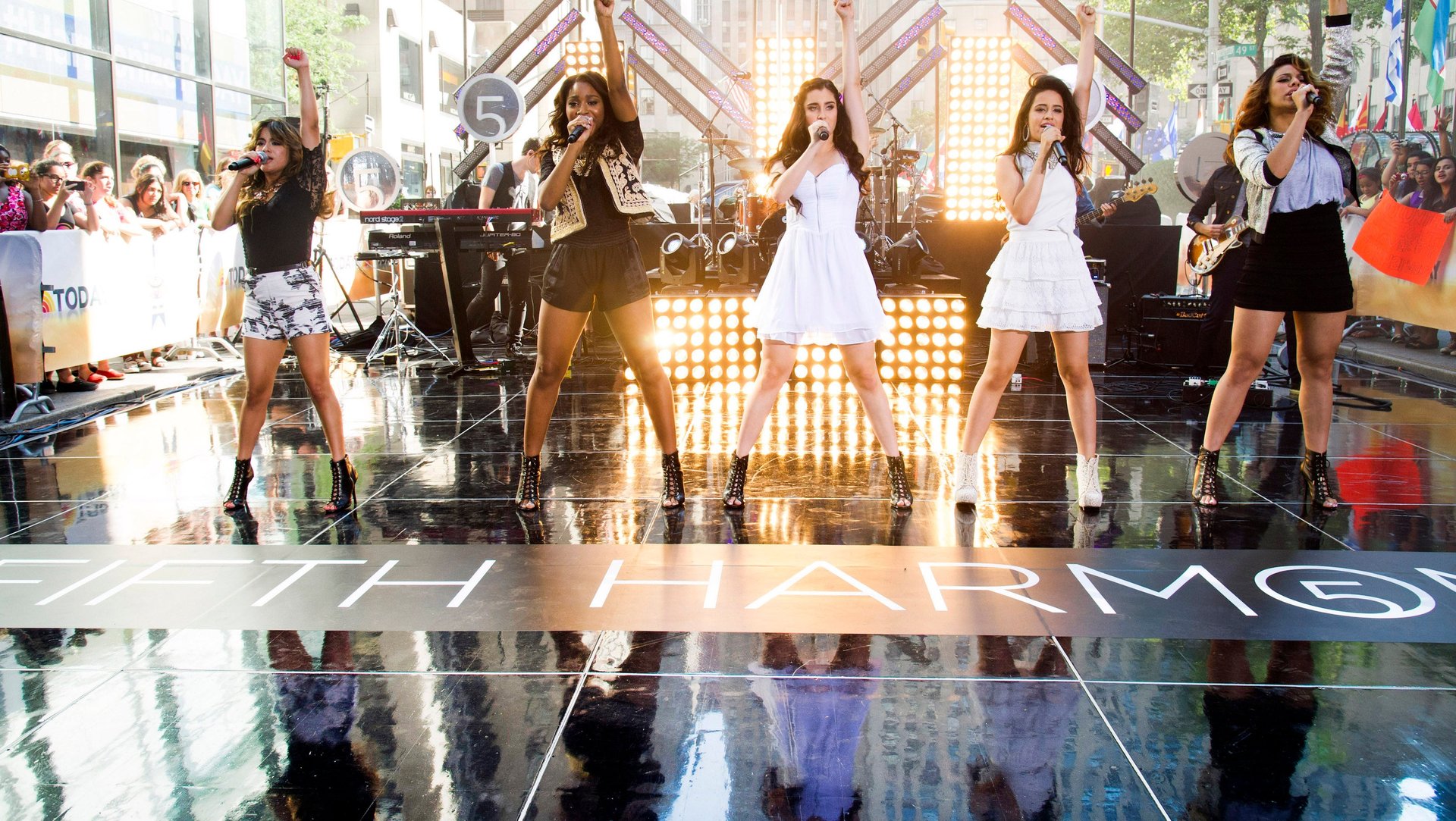A decade after destroying MySpace, Facebook is bringing music back into social networking
It was a music lover’s utopia for a while—an online ecosystem hinged on the love of songs, on the giddy joy of discovering and sharing new riffs and rhythms. Then, it wasn’t. Since the fall of MySpace in the late 2000s at the hands of Facebook, music has been almost entirely absent from social networking.


It was a music lover’s utopia for a while—an online ecosystem hinged on the love of songs, on the giddy joy of discovering and sharing new riffs and rhythms. Then, it wasn’t. Since the fall of MySpace in the late 2000s at the hands of Facebook, music has been almost entirely absent from social networking.
Ironically, it’s Facebook that is bringing music back to life on the internet. Facebook today (March 9) announced a “holistic partnership” with Warner Music Group that will license the record label’s music publishing catalogs for use in videos and messages shared by users on Facebook, Messenger, Instagram, and Oculus. The deal follows previous ones made with Universal Music Group and Sony/ATV Music, essentially now giving Facebook rights to use every mainstream song in existence. Today’s announcement came to users with a 12-second clip on Warner’s Facebook page:
Though financial terms for the Warner, Universal, and Sony deals have not not been disclosed, royalties paid to the music companies will churn out new money for rights-holders. “Our incredible catalogue of songs will be represented throughout Facebook’s platforms and we’re excited to work together to create new opportunities for both our songwriters and Facebook’s users,” Warner’s vice president of global digital strategy Eric Mackay said in a press release; chief digital officer Ole Obermann added that the deal will “expand the universe of music streaming and create supplementary revenue for artists.”
It’s a while coming. Outside of music-streaming platforms, music currently does not have a home on the internet in a community setting. Users can now share music on Facebook without risk of copyright infringement, which is a problem still plaguing other social media platforms (see: last summer’s unfortunate legal case of the viral dancing Prince baby on YouTube). While the deals don’t turn Facebook into an open music-streaming platform, some do speculate that the company may one day attempt to build its own streaming service.
Adding music to Facebook’s offerings makes sense for the company, which seems to be on a mission to take over any service the internet offers, copying features from other platforms, including Yelp, LinkedIn, Craigslist, and Snapchat. The timing is also opportune: User growth has been slowing for its main platform—particularly among teenagers, a music-obsessed audience—and the company’s News Feed revamp is expected to decrease time spent on the platform.
The lack of a proper social-music platform on the internet has been keenly felt in the last decade. It’s why Spotify and Apple Music and company have seen such success in their personalized playlists and community-oriented features, and it also accounts for much of the permeation of live music festivals. Music is a fundamentally social pursuit; people listen, but they want others to listen, too. Mark Zuckerberg’s company is capitalizing on that.
Hanna Kozlowska contributed to this story.